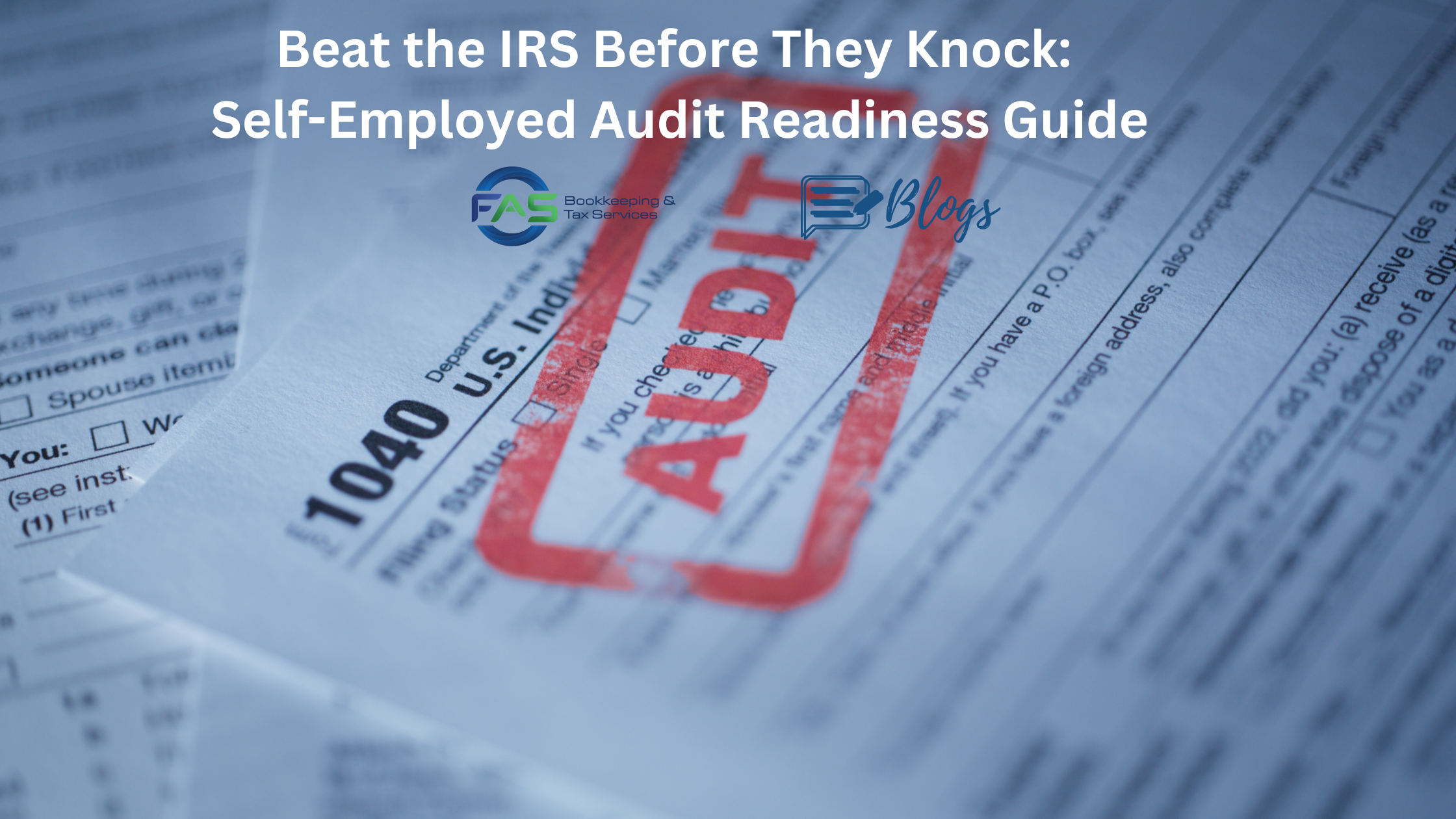Buy-Sell agreements Require Careful Planning
Does your business have multiple owners? If so, you need a buy-sell agreement. This type of binding contract determines how (and at what price) ownership shares of a privately held business will change hands should an owner depart. There are also potential tax consequences to consider.
Unique Challenges
Unlike public companies, private ones have no ready or established market on which to sell ownership shares. This can create difficult circumstances for businesses when something unexpected happens. Say an owner suddenly dies. The owner’s shares may pass on to heirs, but how much are those shares worth and to whom can the heirs sell them? A buy-sell agreement will remove uncertainty by stipulating that remaining owners will buy the ownership interest at a price determined by the stated valuation method. Plus, the agreement will help to prevent an unfamiliar and perhaps unwanted owner from suddenly joining the business.
Setting Parameters
A buy-sell agreement sets up parameters for the transfer of ownership interests following any of a number of “triggering events,” such as an owner’s:
- Death,
- Long-term disability,
- Loss of professional license,
- Retirement,
- Bankruptcy, or
- Divorce.
The agreement will also specify a valuation method for appraising the departing owner’s interest at the appropriate time. In choosing a method, you and your fellow owners should carefully define buyout terms and specify the financial data to be used in the agreement. For example, a sound buy-sell agreement will spell out a required end-date for the financial statements that must be used to appraise business interests following a triggering event. Some also mandate a particular level of assurance (compilation, review or audit) regarding those financial statements.
Different Approaches
In most cases business owners don’t have the cash readily available to buy out a departing owner. So most buy-sell agreements include insurance policies to fund the agreement. This is where different types of agreements come into play. Under a cross-purchase agreement, each owner buys life or disability insurance (or both) on each of the other owners. Should one owner die or become incapacitated, the other owners collect on their policies and use the proceeds to buy the deceased or incapacitated owner’s shares.
Another type is a redemption agreement. Here, the company (not each owner) buys the insurance policies and acquires the deceased or incapacitated owner’s shares. This approach can help businesses with a lot of owners, because fewer policies are needed. In some cases, a company will create a hybrid buy-sell agreement that combines aspects of the cross-purchase and redemption approaches. These agreements may stipulate that the business gets the first opportunity to redeem ownership shares. And, if the company is unable to buy the shares, the remaining owners are then responsible for buying the departing owner’s interests. Alternatively, the owners may have the first opportunity to redeem the shares.
Tax Consequences
The life insurance used to fund buy-sell agreement can also have undesirable tax consequences without proper planning. Life insurance proceeds generally are excluded from the beneficiary’s taxable income, whether the beneficiary is a corporation, another shareholder or a separate entity. An exception is the transfer-for-value rule, under which proceeds will be taxable if an existing policy was acquired for value by someone other than the insured or a partner of the insured, a partnership in which the insured is a partner, or a corporation in which the insured is an officer or shareholder.
This issue often arises when structuring or changing a buy-sell agreement using existing insurance policies. It’s important to structure the agreement so that the transfer-for-value rule won’t have an impact; otherwise, the amount of after-tax insurance proceeds will be reduced.
If your business is structured as a C corporation and has a redemption agreement funded by life insurance, you’ll need to watch out for another possible adverse tax consequence: When the departing shareholder’s shares are redeemed, the value of the remaining owners’ shares will probably rise without increasing their basis. This, in turn, could drive up their tax liability in the event they sell their interests.
You may be able to manage this problem by revising your buy-sell as a cross-purchase agreement. Under this approach, owners will buy additional shares themselves, increasing their basis. But there are downsides. If owners are required to buy a departing owner’s shares but the company redeems the shares instead, the IRS may characterize the purchase as a taxable dividend. Your business may be able to mitigate this risk by crafting a hybrid agreement that names the corporation as a party to the transaction and allows the remaining owners to buy back the stock without requiring them to do so.
Complex but Important
Buy-sell agreements can help closely held businesses ensure a smooth transition when an owner leaves the business. But they also require careful planning to be effective, including properly addressing potential tax issues. The advice and experience of a tax and accounting professional are invaluable. Do not be shy about calling the office.
© 2023





